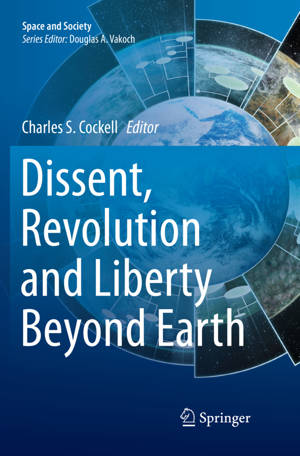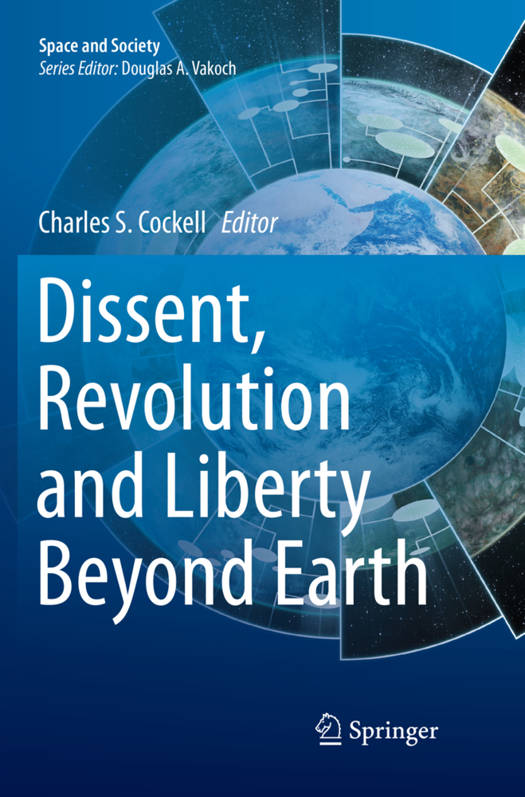
- Afhalen na 1 uur in een winkel met voorraad
- Gratis thuislevering in België vanaf € 30
- Ruim aanbod met 7 miljoen producten
- Afhalen na 1 uur in een winkel met voorraad
- Gratis thuislevering in België vanaf € 30
- Ruim aanbod met 7 miljoen producten
Dissent, Revolution and Liberty Beyond Earth
€ 244,45
+ 488 punten
Omschrijving
This volume provides an in-depth discussion on the central question - how can people express and survive dissent and disagreement in confined habitats in space? The discussion is an important one because it could be that the systems of inter-dependence required to survive in space are so strong that dissent becomes impossible. John Locke originally said that people have a right to use revolution to overthrow a despotic regime. But if revolution causes violence and damage that causes depressurisation with the risk of killing many people, is it even permissible to have a revolution? How then are people to express their liberty or dissatisfaction with their rulers? The emergence of structures of dissent and disagreement is an essential part of the construction of a framework of liberty in space (revolution is just the extreme example) and thus the topic deserves in-depth and immediate attention. Even today, the way in which we assemble organisations and corporations for the government and private exploration of space must take into account the need for mechanisms to allow people to express dissent.
Specificaties
Betrokkenen
- Uitgeverij:
Inhoud
- Aantal bladzijden:
- 240
- Taal:
- Engels
- Reeks:
Eigenschappen
- Productcode (EAN):
- 9783319805498
- Verschijningsdatum:
- 20/04/2018
- Uitvoering:
- Paperback
- Formaat:
- Trade paperback (VS)
- Afmetingen:
- 156 mm x 234 mm
- Gewicht:
- 353 g

Alleen bij Standaard Boekhandel
+ 488 punten op je klantenkaart van Standaard Boekhandel
Beoordelingen
We publiceren alleen reviews die voldoen aan de voorwaarden voor reviews. Bekijk onze voorwaarden voor reviews.









